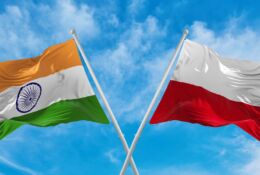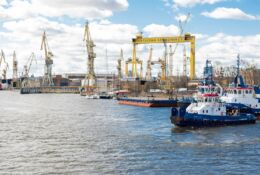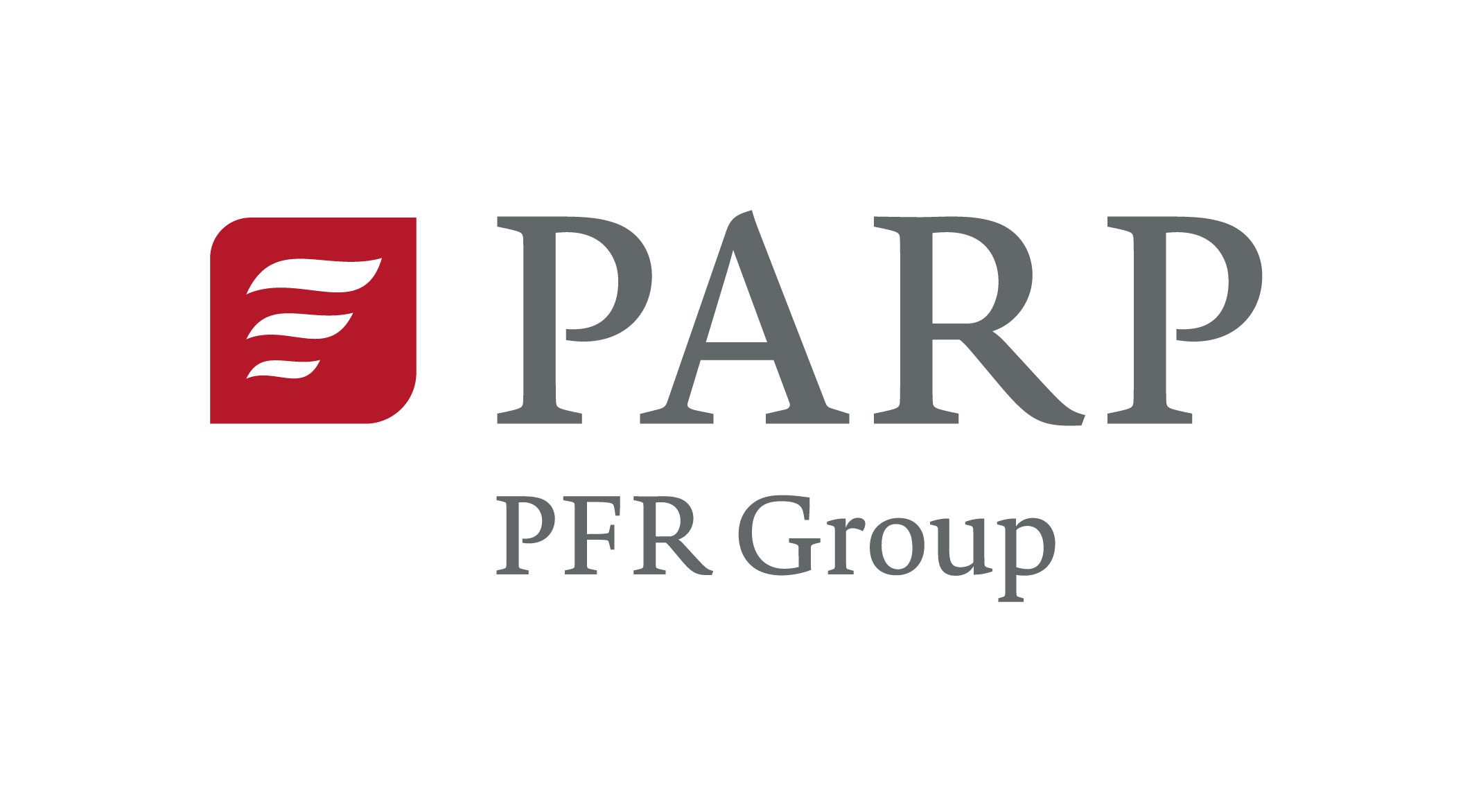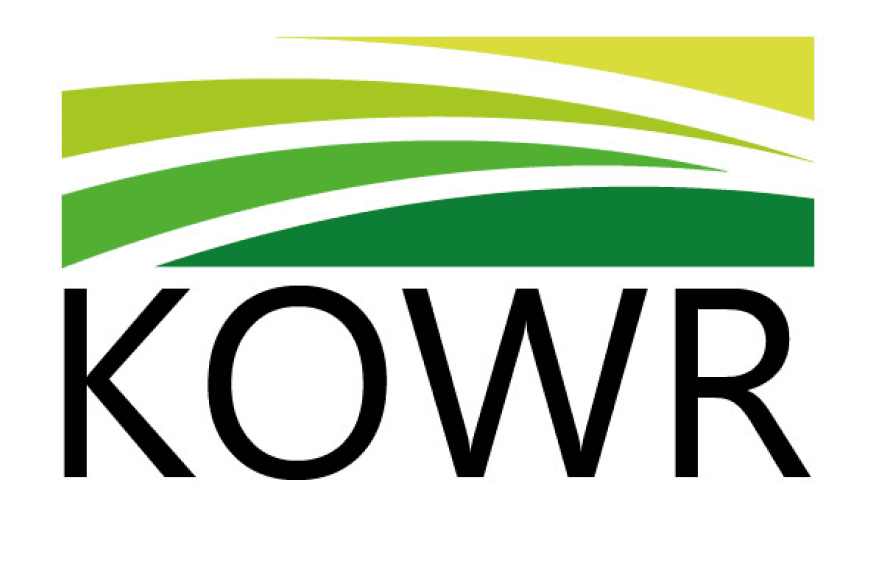20.02.2025
Regulatory barriers and the competitiveness of Polish companies
The competitiveness of Polish enterprises is closely related to the functioning of the four freedoms in the Single European Market: the movement of goods, services, capital and employees. According to data from the European Commission, in 2023 the value of trade in goods and services within this market accounted for 36% of Poland’s GDP.
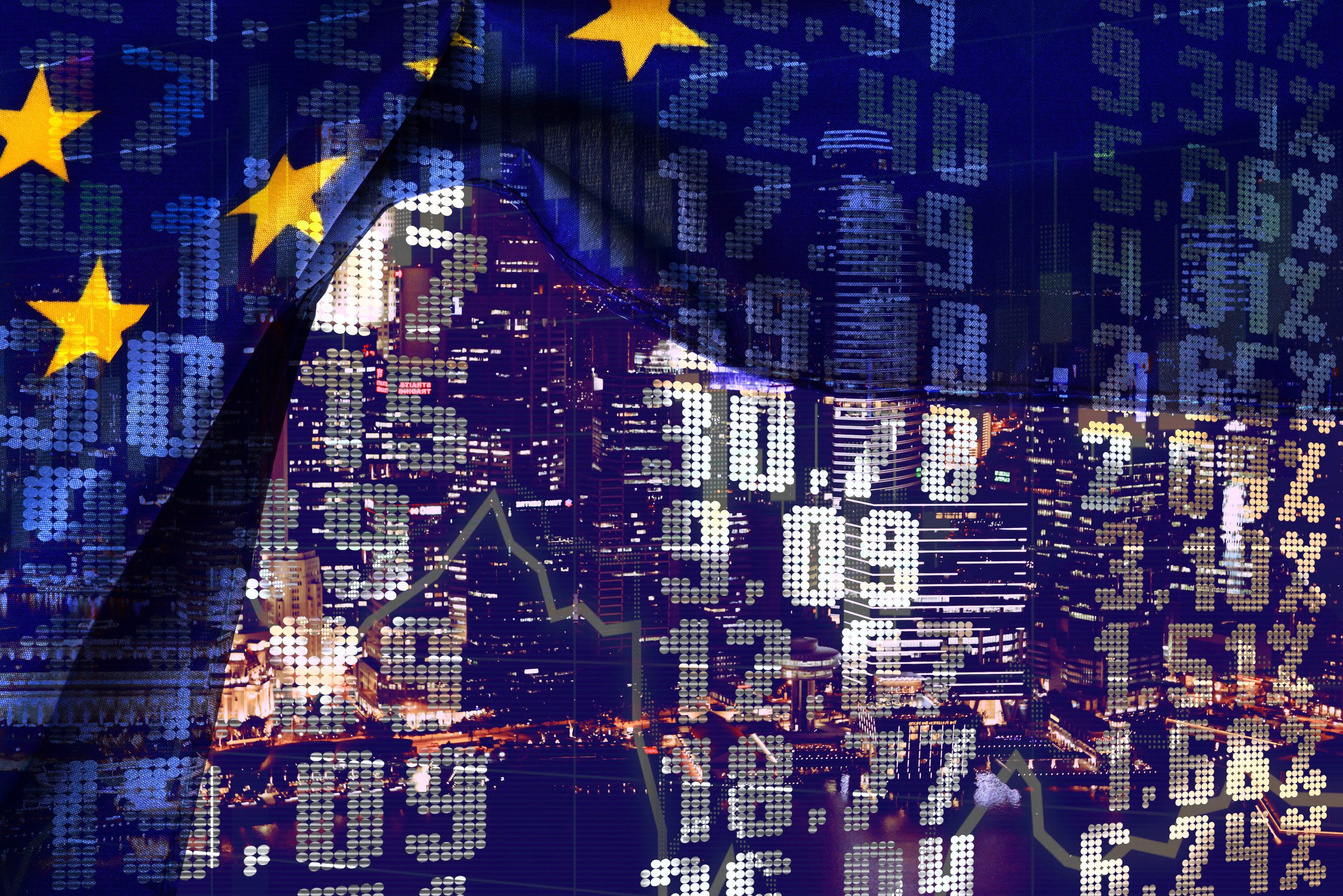
Despite the benefits of participation in the EU internal market, entrepreneurs increasingly point to existing regulatory barriers as a significant obstacle to development and long-term investment planning.
According to the European Commission’s Report on the Single Market and Competitiveness for 2025, the assessment of the legal and administrative burden on Polish companies was 2.69 (on a scale, the less, the worse), while the EU average is 3.87. This points to the need for reforms to streamline decision-making processes and improve the efficiency of public services, including their digitalisation.
High barriers for the knowledge-based services sector
One area particularly affected by restrictive regulations is the knowledge-based services sector. Indicators of professional restrictiveness for some professions, such as accountants or architects, indicate a higher level of restrictions in Poland compared to the EU average. For accountants, it is 2.8 (1.7 in the EU) and 2.7 for architects (2.5 in the EU). In legal services, the situation is similar – Poland achieved an index of 3.5, while the EU average is 3.4. High barriers to entry for specialists may result in a shortage of qualified staff, and thus an increase in the costs of legal and administrative services, which directly affects the competitiveness of companies and their ability to develop.
Insufficient access to innovation finance
Limited access to venture capital investment also remains a structural challenge for the Polish economy. The share of this type of financing in Poland is only 0.01 per cent of GDP, while the EU average is 0.05 per cent of GDP. The lack of sufficient funds from high-risk funds limits the financing of innovative projects, which has a negative impact on reducing the technological gap and the development of modern sectors of the economy.
The issue of payment terms
Another significant barrier to the competitiveness of companies in Poland is long settlement terms in transactions between companies. The average waiting time for payment is as much as 65 days, which makes it difficult to maintain financial liquidity and limits flexibility in responding to market changes. Late payments can lead to problems with financing current operations and investments, which has a negative impact in the long run on the development of the economy .
Regulatory barriers pose a significant challenge for Polish companies, limiting their ability to compete in the single European market. Streamlining administrative processes, improving access to financing for innovation and shortening payment deadlines could significantly increase the competitiveness of Polish companies. Global challenges and dynamic market changes force the introduction of reforms that will allow companies to operate more effectively in the conditions of a modern economy.
Source: The Polish Economic Institute (PIE), Tygodnik 5/2025, 06 February 2025
- Everything
- News (325)
- Events (182)
- Get Support (83)
-
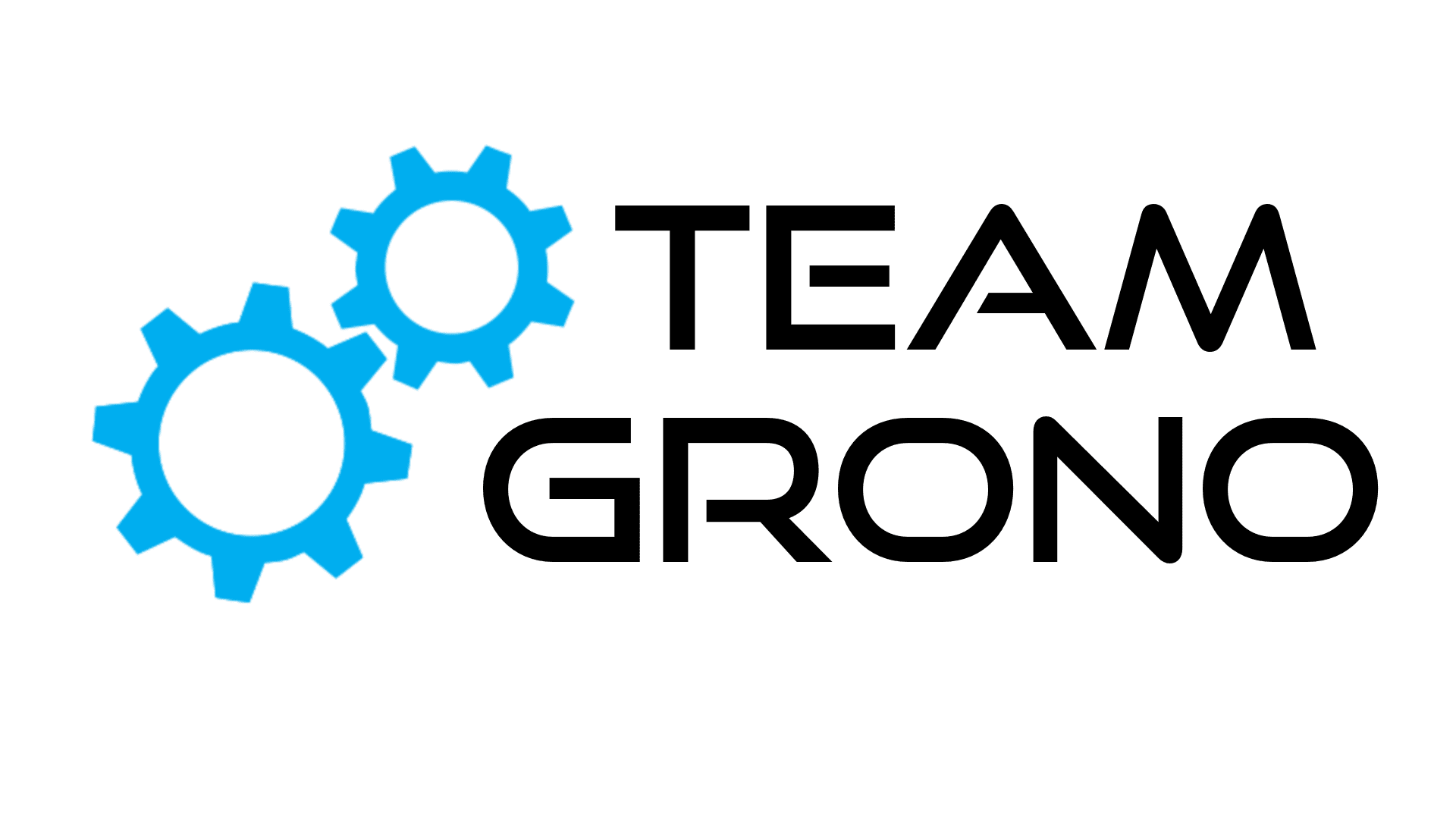
TEAM GRONO Spółka Z o.o.
Show more Show lessOver 25 years of experience in manufacturing, sales, repair and regeneration of diesel fuel equipment. Our team consists of professionals and industry experts. We deal with manufacturing and regeneration of fuel equipment of diesel. Each order is treated individually and our actions always ends with success. Our work we solidly and satisfa
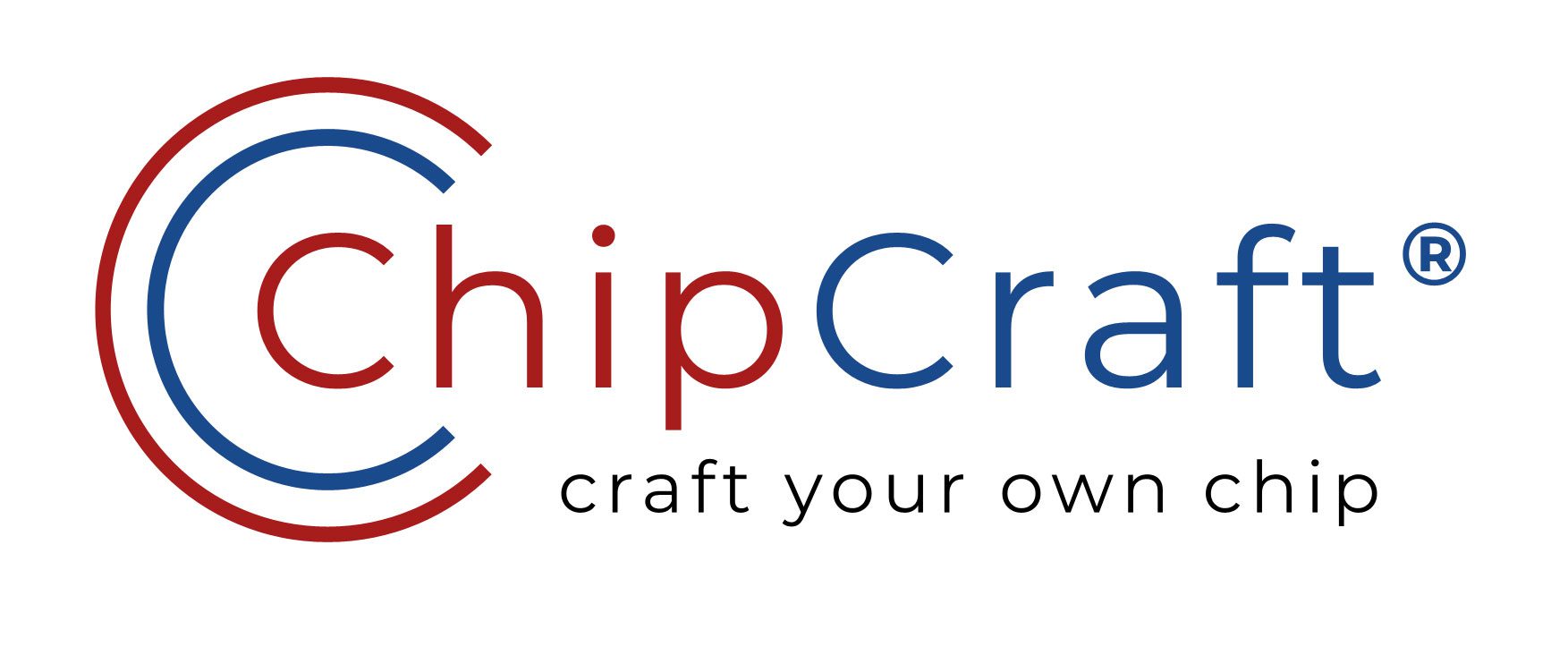
CHIPCRAFT SPÓŁKA Z OGRANICZONĄ ODPOWIEDZIALNOŚCIĄ
Show more Show lessChipCraft is a private fabless semiconductor manufacturer that specializes in GNSS technology. The company provides fully integrated, all-band, all-constellation GNSS receivers of high precision and reliability. The NaviSoC receiver is offered as a chip and as a module, and is dedicated to consumer, industrial and automotive markets. ChipCraft also offers custom silicon design and development services for ASIC and FPGA, as well as silicon-proven IP blocks and IP cores, for multimarket sectors.
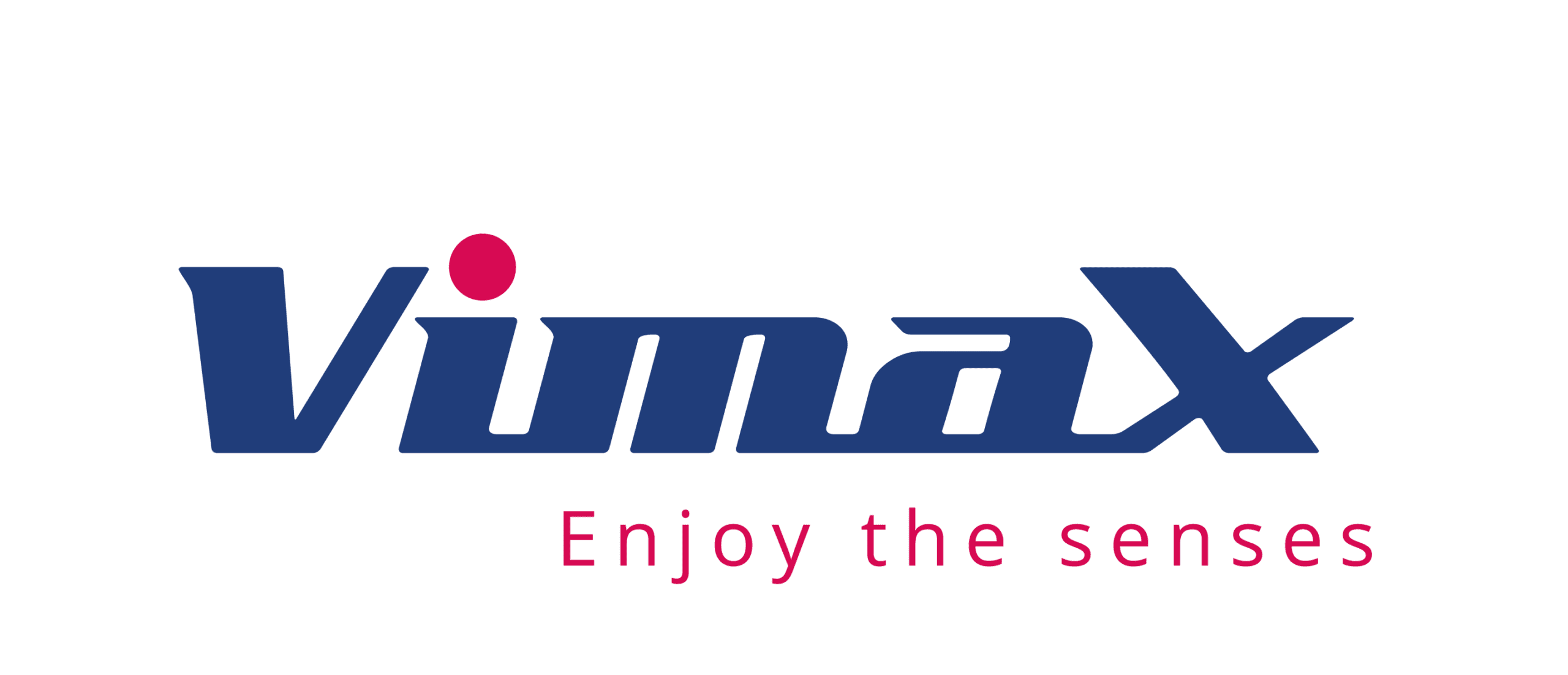
VIMAX FLAVOURS & INGREDIENTS SPÓŁKA Z OGRANICZONĄ ODPOWIEDZIALNOŚCIĄ
Alcoholic and non-alcoholic beveragesDairy productsFruit, vegetables, mushrooms and products thereofPrepared meat and sausagesBaked goods and sugar confectioneryCereals and products of the milling industryOther food productsShow allShow more Show lessWe are one of the biggest polish flavour houses. For over 35 years VIMAX has been appealing to the human senses by creating original compositions of flavouring products. We offer over 4,000 products. Continuous development and a wide range of flavouring preparations based on our own know-how have earned our company a place at the forefront of domestic producers of food additives. We manufacture our products in accordance with the FSSC 22000 certificate.

"ALIVE" SPÓŁKA Z OGRANICZONĄ ODPOWIEDZIALNOŚCIĄ
VehiclesAutomotive industryCombustion engines, motors and parts thereofLocomotives, rolling stock, special vehicles and parts thereofElectric engines and batteriesAerospace industryTiresVehicle parts (excluding engines)Show allShow more Show lessAliff is a Polish company specializing in the design and production of special vehicle bodies, mobile modules, and dual-use solutions for defence, civil protection, and critical infrastructure sectors. We focus on pickup conversions, modular systems, power integration, and advanced technologies, combining strong manufacturing experience with modern engineering and operational design.
-
 Event
EventXXXI International Fair PETROL STATION 2026
The International Fair PETROL STATION 2026 will take place on 13–15 May 2026 at EXPO XXI, Warsaw, Po…
 Event
EventEast x West Forum 2026
East x West Forum 2026 will take place in April 2026 in Wrocław, Poland
-
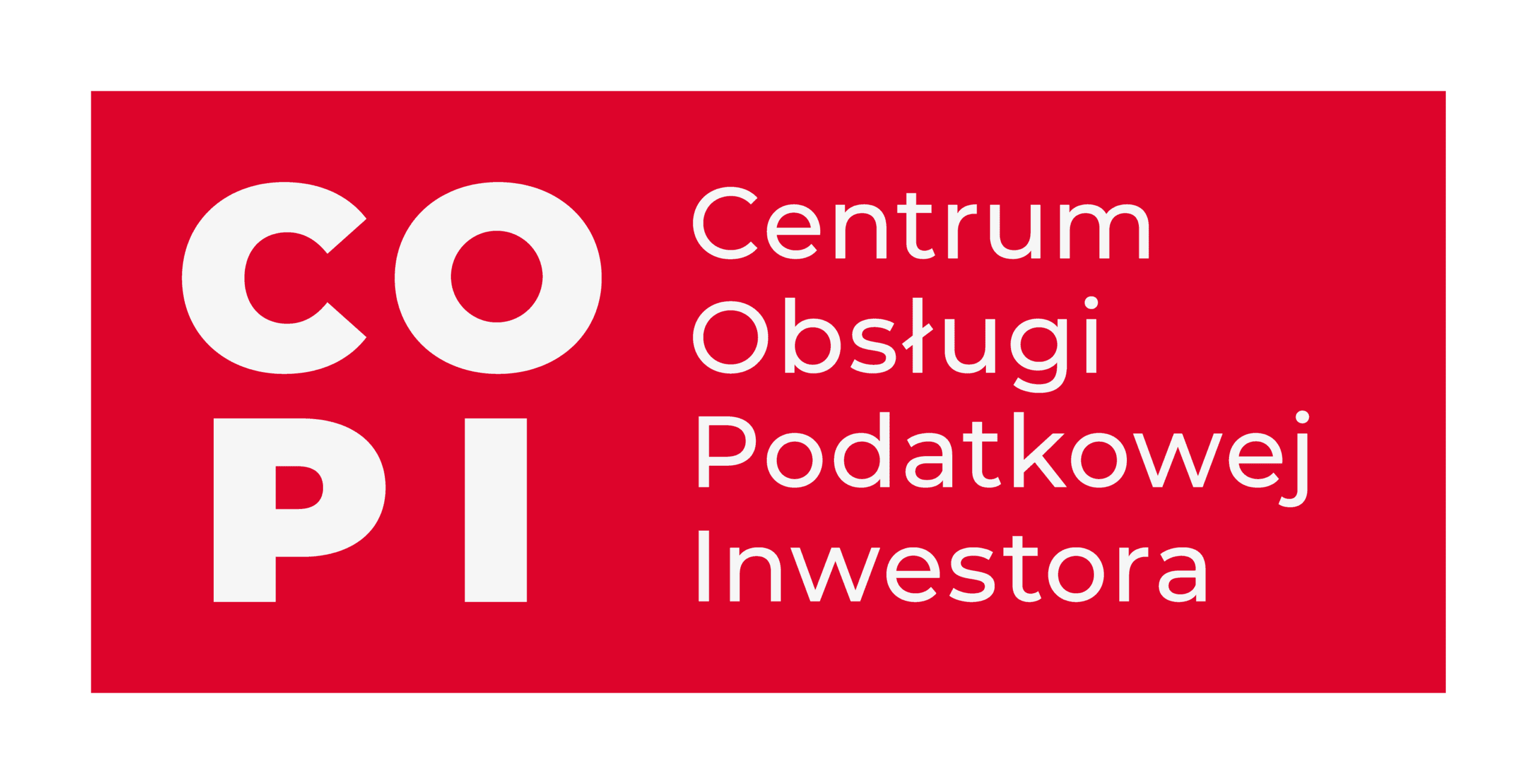 Institution
InstitutionThe Investor Tax Service Center
The Investor Tax Service Center is a unit operating within the Ministry of Finance
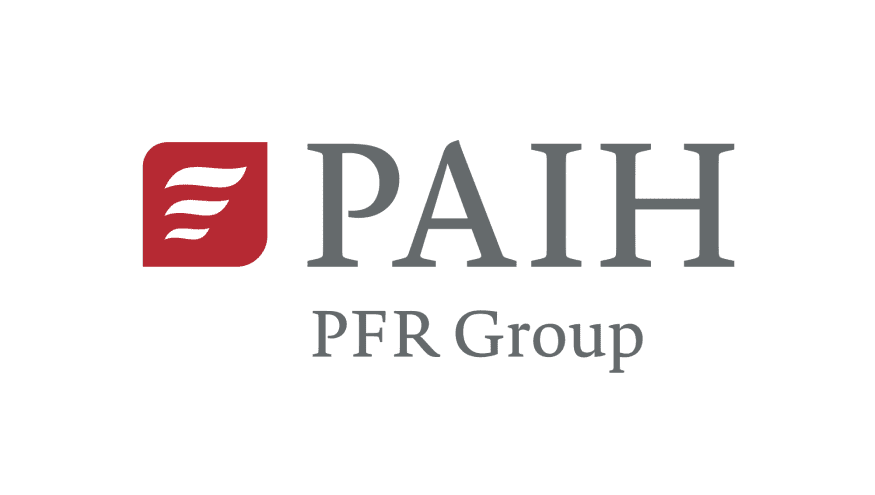 Institution
InstitutionPolish Investment and Trade Agency (PAIH)
The Polish Investment and Trade Agency (PAIH) is the partner of first-resort for entrepreneurs when …
The Export Promotion Portal uses cookies to make it easier for users to use the website and for statistical purposes. If you do not block these files, you agree to their use and saving in the memory of your computer or other device. Remember that you can change your browser settings to block the storage of cookies. More information can be found in Privacy Policy and Terms and conditions.
